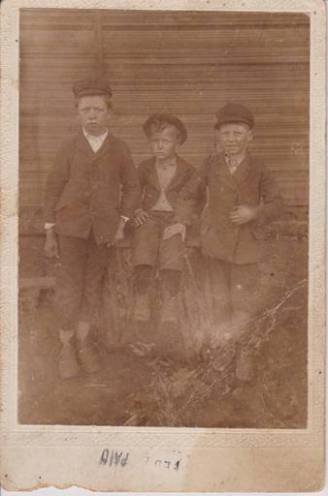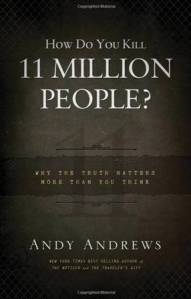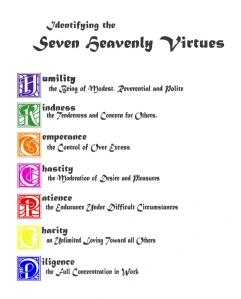 Anger!!![/caption]
Anger!!![/caption]This is just us taking here. Nobody’s taking notes. Tell the truth. How many times in the recent years have you gotten so angry with someone that you thought about hitting them?
How many times, again just between us, did you actually hit someone in anger?
_____ made me do it
“She just gets in my face all the time.” “I don’t have the money to pay the bills.” “I work hard and there’s supposed to be supper and a cold beer waiting when I get home.”
I gave some male-oriented provocations excuses. I’m sure you can fill in the blank with your own excuses, especially if you had some real numbers in mind when I asked the questions at the top. Take a moment. Think about your favorite personal excuses. Say them out loud, if you’re in a place where you can. Think about what your excuses sound like away from the heat of battle.
I can’t help it
Most domestic abusers feel great remorse after the episode. They beg for forgiveness and promise no repeat. It’s always, “I couldn't help it,” or “I lost control for a minute.”
I don’t doubt the sincerity of what is said after the fact. It's pure guilt; but it's totally true.
Breaking down the abuse
I suggest eight parts in the sequence of an abusive episode:
- A word spoken – angry, critical, questioning – words
- A response – probably an inner clinching of the emotional sphincter – a thought.
- An expansion – replaying the thought and letting it grow and grow - rumination.
- A reaction – probably angry words exchanged. The emotional sphincter gets tighter and tighter; choking off reason and release - exchange
- The verbal battle ensues - escalation.
- The sphincter bursts and a punch is thrown - violence.
- Immediate remorse with apologies, tears, and expressions of love.
- Abusive events always happen again.
Keep in mind that this is a layperson’s list. Would you agree that it’s sort of logical?
Breaking the cycle
I’m talking to the abuser now. Look at the list above. There is only one step in the list where you can do anything to effectively end the altercation.
2. A response – ... – a thought.
If you had known how to dismiss that initial thought and walk away; and if you had known how to dismiss the ubiquitous follow-up thought of “You can’t give in! That means you’re weak”; then the fight would be over and no harm done.
The problem still has to be solved. But learning how to deal with the negative thoughts gains you some thought space to work on a good solution.
There are always answers – but good answers ALMOST NEVER come from intense emotions.
You can create the space in your life. Look for it today!
www.findingpersonalpeace.com

























